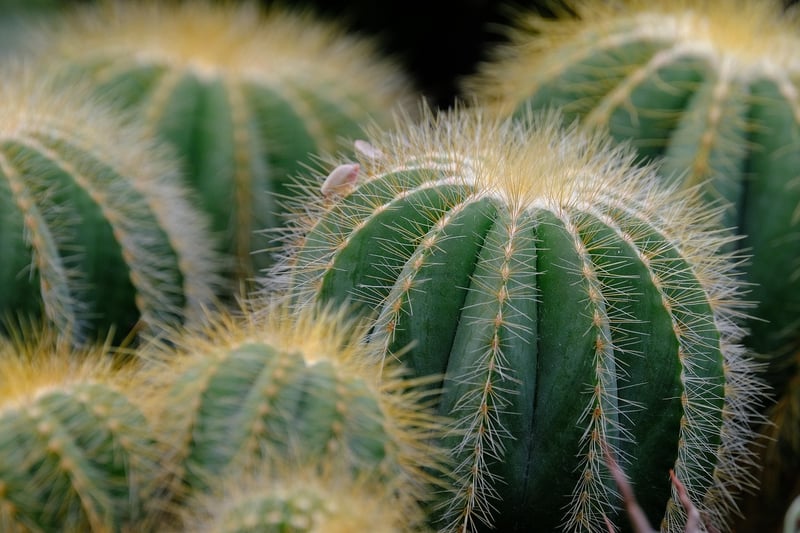Fertilizing Methods
Guidance on Nurturing Plants and Fertilizing Methods
Nurturing Plants
Nurturing plants is a rewarding activity that requires time, effort, and knowledge to ensure their health and growth. Here are some essential tips to help you nurture your plants effectively:
1. Choose the Right Plant for Your Space
Before purchasing a plant, consider the amount of sunlight, humidity, and space available in your home or garden. Different plants have varying requirements, so choose one that fits your environment.
2. Watering
Ensure your plants receive adequate water, but be cautious not to overwater them. The frequency of watering depends on the plant type and environmental conditions.
3. Pruning and Deadheading
Regularly prune your plants to remove dead or overgrown parts. Deadheading, the removal of faded flowers, promotes new growth and prolongs blooming periods.
4. Monitor for Pests and Diseases
Inspect your plants regularly for pests like aphids or diseases such as powdery mildew. Early detection can help prevent the spread of infestations.
Fertilizing Methods
Fertilizing your plants is essential to provide them with the necessary nutrients for healthy growth. Here are common fertilizing methods you can use:
1. Organic Fertilizers
Organic fertilizers, such as compost or manure, are derived from natural sources and release nutrients slowly over time. They improve soil structure and promote microbial activity.
2. Synthetic Fertilizers
Synthetic fertilizers are chemical-based and provide nutrients to plants quickly. However, they can lead to nutrient imbalances and harm beneficial soil organisms if overused.
3. Foliar Feeding
Foliar feeding involves spraying fertilizer directly on the leaves of plants. This method allows for rapid nutrient absorption and is useful for correcting nutrient deficiencies.
4. Slow-Release Fertilizers
Slow-release fertilizers gradually release nutrients into the soil over an extended period. They are convenient for long-term plant nutrition and reduce the risk of nutrient leaching.
By following these tips on nurturing plants and utilizing various fertilizing methods, you can create a thriving and vibrant garden or indoor plant collection.

Remember, each plant is unique, so observe their growth patterns and adjust your care routine accordingly. With patience and dedication, you can cultivate a green space that brings joy and beauty to your surroundings.
